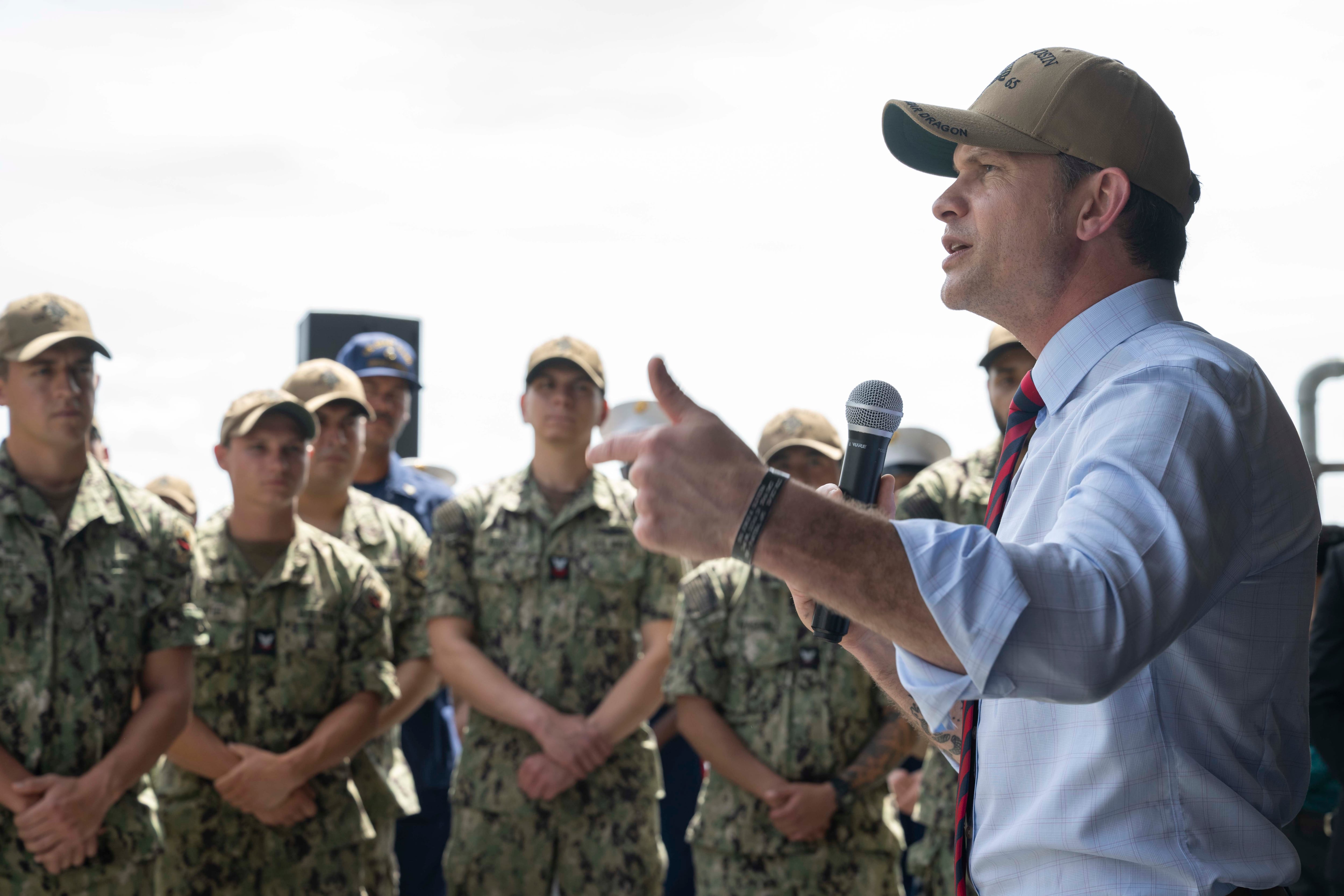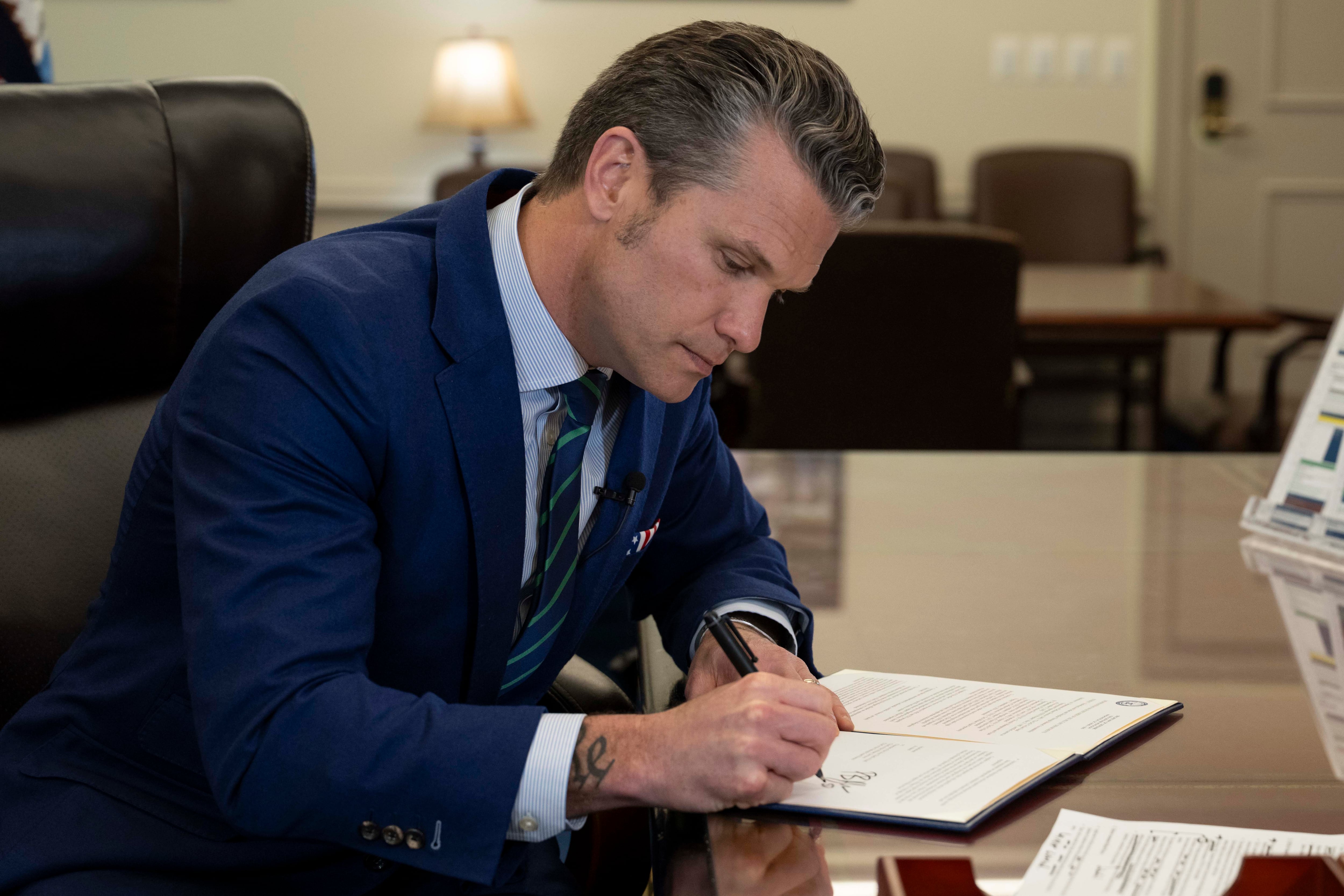Small teams of Marines are traveling to Afghan bases to advise Afghan brigades and battalions, said Col. Matthew Grosz, of Task Force Southwest.
Since arriving in Helmand province six months ago, the task force of roughly 300 Marines has sent about six teams to Afghan forward operating bases, said Grosz, the senior adviser to the Afghan National Army’s 215th Corps.
Formally known as “expeditionary adviser packages,” the teams are made up of advisers, enablers and security forces, said Grosz, who did not specify how many Marines are on the teams.
“We only take exactly what we need,” Grosz said. “It’s not like we bring half the task force with us.”
There is not much infrastructure at Afghan battalion forward operating bases, but Marines are used to living and working in spartan conditions, he said.
The Marines do not accompany Afghan troops into battle, Grosz said. Instead, they help the Afghan units with command and control, fire support and casualty evacuations. While U.S. aircraft can fly CASEVAC missions, most wounded Afghan troops are flown to hospitals by the Afghan air force.
Over the past six months, the 215th Corps has improved at integrating intelligence into its planning; taking care of soldiers’ promotions, leave and pay; and fixing weapons and vehicles, he said.
“But it’s something that continues to need somebody looking over their shoulder and helping them work their way through a lot of these processes and procedures that will enable them to be successful for the next several years,” Grosz said.
Capt. John Quail, who advises the 215th Corps’ operations officer, has been part of three teams that have advised Afghan brigades.
“We’ve gone there and lived with brigade staff and their command and control entities there,” Quail said. “Being out there with them, we’re able to make recommendations on the spot as far as anything that we can see that can be improved.”
For example, the Marines are able to recommend how the Afghans can better communicate with their troops in the field and coordinate artillery and air support, he said. But the Marines also recognize that the Afghan army does not need to emulate the U.S. military to be successful.
“These guys are out there day-in and day-out,” Quail said. “One of the biggest lessons is they have their own way of doing things. They have their Afghan solutions to Afghan problems.”





